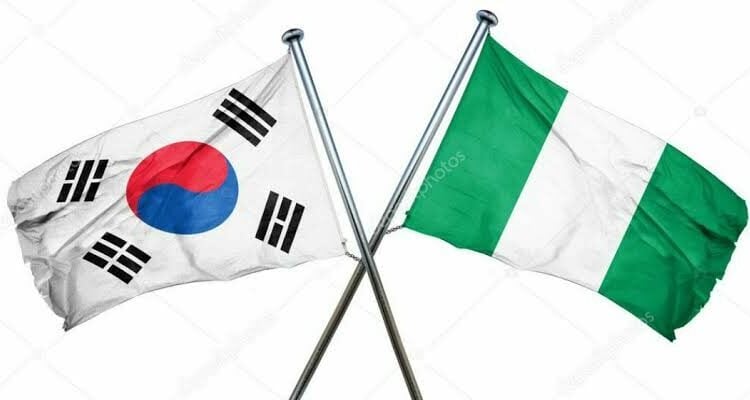There are growing indications of increased demand for agricultural trade and collaboration between Nigeria and Korea.
Although indirect, the demand for Korean cuisine and ingredients rose in 2024 with the Korea Culture Centre Nigeria’s (KCCN) introduction of the Hansik Contest. The contest not only afforded young Nigerians who until then had only seen Korean cuisines (Hansik) in K-dramas the opportunity to taste Korean meals, but to win good money out of it.
With over 30 Hansik classes and two Hansik Contests to its belt, the centre has trained professional and upcoming chefs, amateur chefs and enthusiastic Nigerians on how to make various Jang-based (sauce/paste) Korean cuisines alongside the techniques to cook them faster.
The fact that the centre started out importing most of the products used in the classes and now purchases at least 40 per cent of the ingredients locally is a testament to the difference two years of product demands can make in the market.
“The Hansik class is designed to expose Nigerians to Korean food and food techniques.
The idea behind the monthly class is not just to expose them to Korean food and techniques, but teach them to learn to use produce found in Nigeria to make Korean food,” said Hansik class coordinator, Sharon Pwavi.
Nonetheless, much needs to be done between the Nigerian government, the Nigeria Investment Promotion Commission (NIPC), and the Korea Trade-Investment Promotion Agency – to enhance agricultural collaboration between both countries and make Korean ingredients available locally, either through import or by investing in the agricultural production of these ingredients.
Presently, young Nigerians enthusiastic about Korean cuisines spend N15,000 to N20,000 to make dishes like ‘Gochujang Jjigae’, the Jang-based sweet and spicy traditional Korean stew that featured in the centre’s September Hansik class, which had eight participants in attendance.
“Finding authentic ingredients and making sure you get the right consistency when cooking Korean dishes are the main challenges of cooking Hansik here (Nigeria). We have not been able to tackle that,” said UI Designer, Esther, who participated in the Hansik contest last year.
Automation Engineer, Chizaram admitted that the draw of Hansik is its health-based ingredients – which consists of lots of vegetables, fermented food and sauces (Jang).
“I have made Gimbap and Kimchi Bibimpap at home. We are using substitute ingredients but it doesn’t taste the same as the original Korean cuisine would. It would be nice to have more supermarkets stock Korean ingredients and a Korean restaurant in Abuja where one can have Korean food.”
There is also the matter of cost. “Korean meals are not really affordable. We have to transport ourselves to the specific supermarket that sells the Korean ingredients to buy them. It would cost N15,000 to make ‘Gochujang Jjigae’ on my own, if I don’t have Gochujang, and Gochujang is about N9000” said nail technician, Francisca.
Notwithstanding, the cost seems worth it compared to how healthy and tasty Korean foods are. Likewise, the opportunity it presents one to get a different perspective of what may appear similar but are vastly different.
As a stew, Gochujang Jjigae requires no frying – and consists of potatoes, zucchini, garlic, tofu, soy oil and Gochujang. “This is not the same as what we use in Nigerian stew where you fry tomatoes, pepper and onion together, and use bullion cubes (MSG). You don’t need the latter in Korean food. So, it is a way to see a different way of cooking than what you are familiar with. I think Nigerians will find it interesting because they will realize that you can cook certain dishes without certain condiments we are used to, and it still comes out flavourful,” said Hansik Class Coordinator, Sharon Pwavi.
While things may be slow and difficult, Pwavi believes that progress is being made. “You can find Ramyeon (a type of Asian noodle) in a lot of supermarkets now, that is below N5000. You can also find Korean fried chicken, which is the top selling produce in stores now. It looks slow but the truth is that progress is being made.
“Nigerians are very industrial and collaborative by nature. With the education happening in the center – which is KCCN’s focus, with the effort of KOTRA – which promotes trade between countries, and passionate Nigerians, we are seeing changes,” concluded Pwavi.






